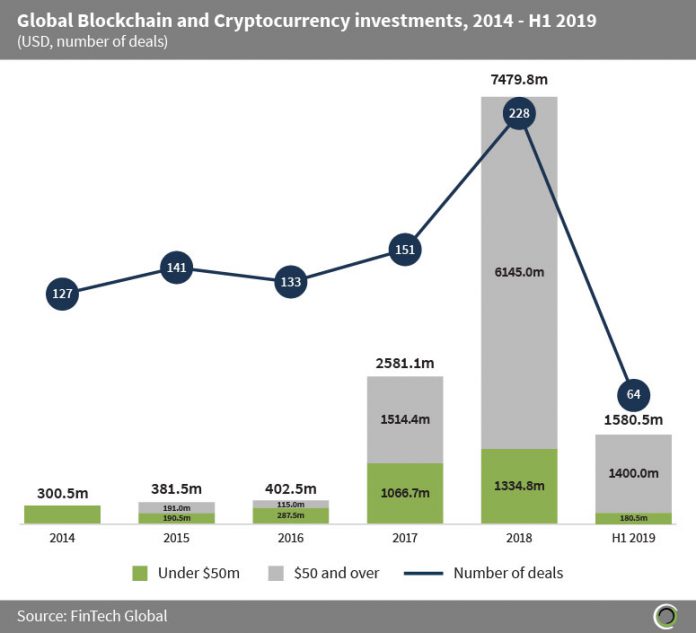Representatives from Libra will be interviewed by officials from 26 global central banks on Monday in a bid to ease worries about its impact on the financial market. At the same time, investor interest in crypto seems to waning.
This would be the first major encounter of this scale since the Facebook announced its cryptocurrency in June this year, the Financial Times reported.
Libra’s founders have been invited to help answer key concerns regarding the cryptocurrency’s scope and design. The interviews will then be part of an official G7 report expected to be given to finance ministers in October.
Benoît Coeuré, of the European Central Bank, will chair the meeting. He has stated that “the bar for regulatory approval will be very high” for Libra to operate in the EU.
Libra is said to have welcomed this opportunity to “have these conversations, educate stakeholder and incorporate their feedback in our design.”
The talks comes after months of lawmakers expressing their worries about how Libra will affect privacy as well as the integral stability of financial markets.
In August, authorities from the UK, Australia, the USA, Canada, Burkina Faso and Albania, as well as the EU’s European Data Protection Supervisor signed an open letter to Facebook. In it, they encouraged the Menlo Park company to be more transparent about its digital currency and its infrastructure.
One of the people signing the letter was Elizabeth Denham, the UK’s information commissioner, the country’s independent privacy regulator. She stated, “The ambition and scope of the Libra project has the potential to change the online payment landscape, and to offer benefits to consumers. But that ambition must work in tandem with people’s privacy expectations and rights.”
The French finance minister Bruno Le Marie went one step further in September, arguing that Libra would prevent states from remaining sovereign in regards to money, would privatize the issuing of money and create risks of being abused. Given these fears, he stated that he would do anything in his power to ensure Libra was not launched in the EU.
France also holds the rotating presidency of the G7.
The U.S. Treasury warned the social media giant in September that it must conform with American regulations to trade in the US, despite the Libra project being headquartered in Geneva. Sigal Mandelker, U.S. Under Secretary of Terrorism and Financial Intelligence, said, “Whether it’s bitcoin, Ethereum, Libra, our message is the same to all of these companies: anti-money laundering and combating the financing of terrorism has to be built into your design from the get-go.”
Brussels is reportedly in the early stages of designing a regulatory framework to ensure cryptocurrencies like Libra and others are backed by hard assets and currency baskets.
Looking at the cryptocurrency and blockchain sector in general, there seems to be a decline in the market, at least in terms of investments. While $12.7bn has been injected into the industry since 2014, FinTech Global’s research highlight that it might be due for a drop.
Investments into cryptocurrency and blockchain projects has grown from $300.5m in 2014 to $7.47bn in 2018. However, the industry had only seen $1.58bn injected into the sector by June 2019. North America, Asia and Europe dominated the investments in the industry with only 9% of the money going to other parts of the world.
Part of the reason for the decline could partly be attributed to a growing scepticism regarding cryptocurrencies. At the same time, market has been demonstrated to be prone to volatility. Both these reasons surely contributed to dampening investors’ appetite for injecting capital into the market.
Copyright © 2019 FinTech Global






